The polling agency Ipsos MORI has, for many years, asked people in Britain every month what they think are the most important issues facing the country. In December 2015, only six months before the EU referendum and after nearly three years of anticipating it, just 1% of the sample cited Europe as the most important issue of the day. By April 2019 that figure had jumped to 59%.
If Brexit really is the issue which has riven the British public, dividing it into two irreconcilable blocs, why was it so low down the list of urgent concerns at the end of 2015? And not only then: the percentage of people rating it as a major issue had remained in the single digits for more than a decade.
This data does not support a view of Britain’s relationship with Europe as the cause of a longstanding and deep split within the British people. Instead it points to the referendum and the propaganda around it – before and since – as causing the split. Prior to 2016, although people differed in their views of Europe – sometimes strongly – it was never, for most, the overriding issue which it has become.
Much commentary has suggested that Brexit is a proxy issue, or the spark for an uprising of the “left-behind” against a self-serving elite. While inequality and immigration are important to understanding Brexit, this sort of analysis does not provide us with a full explanation for its current all-consuming primacy. It has been suggested that hostility to immigration has been in sharp decline since 2010, and so the referendum vote was not driven by an onrushing wave of such feeling. Nor can the theory of the Brexit vote as expressing the pain of those “left behind” by globalisation explain the Leave votes that came from people who lead comfortable and secure lives.
So how can we explain the sudden emergence, in all its breadth and fury, of both popular support for Brexit – previously a passion mainly of a europhobic, and sometimes xenophobic, fringe – and opposition to it?
According to British Social Attitudes data, between 1992 and 2015 there was a slow and unsteady growth in euroscepticism. We can attribute this, at least in part, to a background throb of anti-EU propaganda in sections of the British press. But then there was a huge leap in anti-EU feeling. In 2015, only 22% wanted to leave the EU yet, as we know, 52% voted to leave in the referendum held the following year. This inflation of europhobia, which provoked alarm among Remainers, was more or less simultaneous with the rapid installation, noted above, of Brexit as the major national issue.
Socio-political analysis stops short of a full understanding of these two big changes in public opinion. There were no events in the world to which people were responding as they coalesced into opposing camps – except the referendum itself, and the rhetoric which had crystallised around it. Brexit is a major example of a shift which took place almost entirely within what we can call the emotional public sphere, the mood and preoccupations of a national public, which is often heavily shaped by dominant media agendas and messages.
People who had previously felt either indifferent or mildly negative towards the EU were encouraged to feel outrage – first at the alleged drain of UK resources into the EU and the political suffocation it was claimed we were subjected to, then at the “treachery” of those politicians who would seek to thwart the popular vote.
Remainers, for their part, found a new focus for suspicion and negativity towards the culturally unwashed, as some tended to see the bulk of the Leave vote. Told that they were all in irreconcilable conflict with each other, many of the British people believed it and felt it.
However, media effects need psychological underpinning. Media content cannot shape our outlooks unless it speaks to some need already present in us. The referendum invited people to identify with one of two sides, to find a clear home in the bewildering flux of today’s complexities and uncertainties. On both sides, membership of a community of self-confidence and self-righteousness seemed to beckon, an antidote to the widespread sense of precarity and confusion. The Brexit question offered people the increasingly scarce experience of being sure, clear and together with others. In a world where it can be increasingly difficult to feel at home, and to know what we should be doing, this is a powerfully attractive experience – none the less so for being, in this case, illusory.
This regressive surge into tribalistic unity of purpose was led by the Brexiteers. But Remainers have subscribed all-too readily to the melodramatic, self-fulfilling headlines that say Britain has plunged into a civil war.
Of course, the UK’s relationship with the rest of Europe is a real and important issue, but behind all that there is a toxicity at work on both sides of the “Brexit divide”. A small anti-EU minority laid the fuse, but the rest of the public proved highly combustible. Getting to the bottom of how and why Brexit has blown up as it has will be essential to the work of repairing and improving British democracy.
Barry Richards, Professor of Political Psychology, Bournemouth University
This article is republished from The Conversation under a Creative Commons license. Read the original article.
 Congratulations to Dr. Shovita Dhakal Adhikari on the publication of her paper ‘Understanding ‘trafficking vulnerabilities’ among children: the responses linking to child protection issues in Nepal’ [1]. This academic paper was published earlier this month in the journal Children’s Geographies. Shovita and her co-author Dr. Jackie Turton discuss child trafficking in Nepal within the broader framework of child protection.
Congratulations to Dr. Shovita Dhakal Adhikari on the publication of her paper ‘Understanding ‘trafficking vulnerabilities’ among children: the responses linking to child protection issues in Nepal’ [1]. This academic paper was published earlier this month in the journal Children’s Geographies. Shovita and her co-author Dr. Jackie Turton discuss child trafficking in Nepal within the broader framework of child protection. 

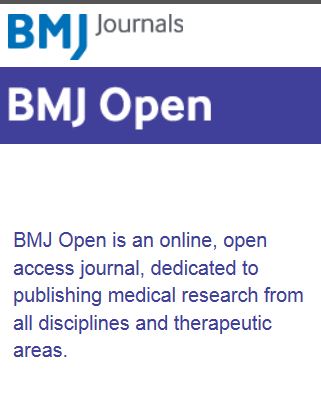
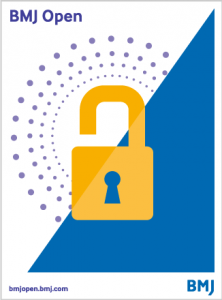
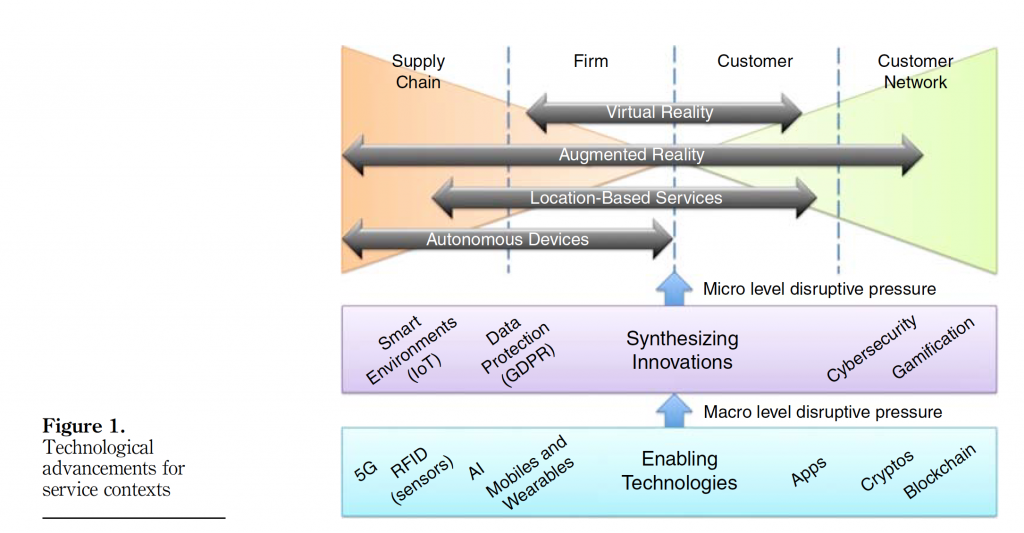
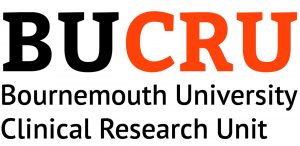

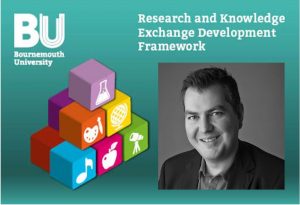
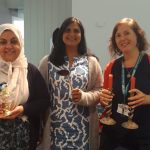



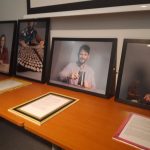
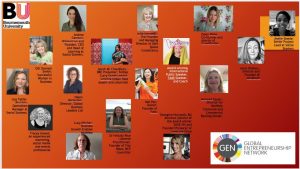
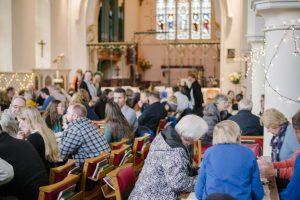

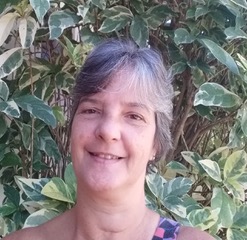
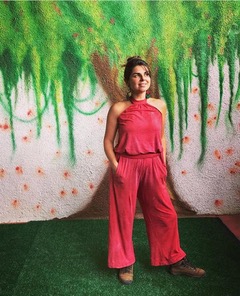

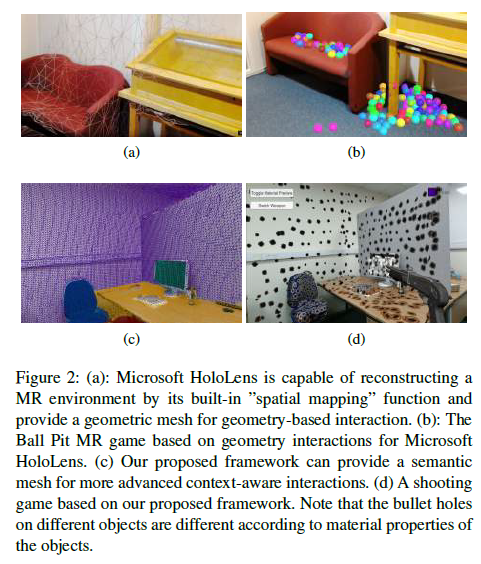
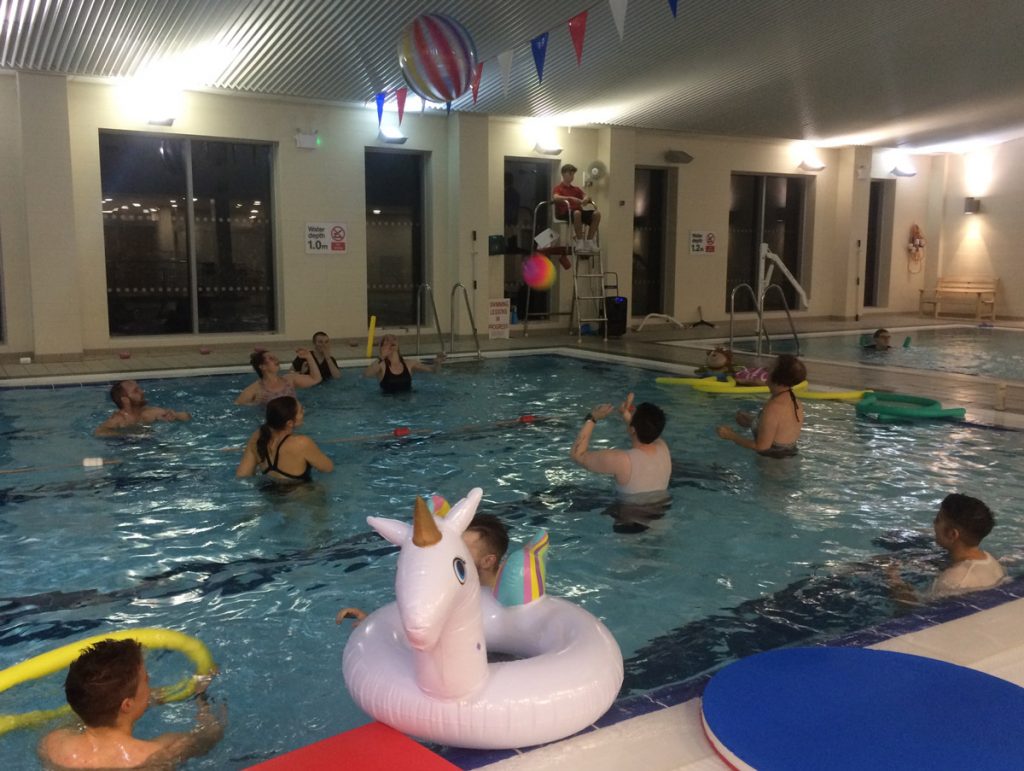

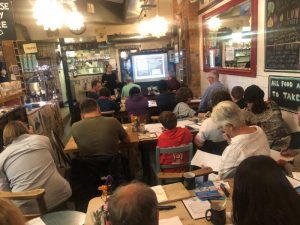
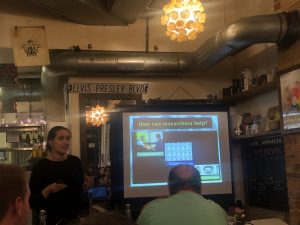












 Expand Your Impact: Collaboration and Networking Workshops for Researchers
Expand Your Impact: Collaboration and Networking Workshops for Researchers Visiting Prof. Sujan Marahatta presenting at BU
Visiting Prof. Sujan Marahatta presenting at BU 3C Event: Research Culture, Community & Can you Guess Who? Thursday 26 March 1-2pm
3C Event: Research Culture, Community & Can you Guess Who? Thursday 26 March 1-2pm UKCGE Recognised Research Supervision Programme: Deadline Approaching
UKCGE Recognised Research Supervision Programme: Deadline Approaching ECR Funding Open Call: Research Culture & Community Grant – Apply now
ECR Funding Open Call: Research Culture & Community Grant – Apply now ECR Funding Open Call: Research Culture & Community Grant – Application Deadline Friday 12 December
ECR Funding Open Call: Research Culture & Community Grant – Application Deadline Friday 12 December MSCA Postdoctoral Fellowships 2025 Call
MSCA Postdoctoral Fellowships 2025 Call ERC Advanced Grant 2025 Webinar
ERC Advanced Grant 2025 Webinar Update on UKRO services
Update on UKRO services European research project exploring use of ‘virtual twins’ to better manage metabolic associated fatty liver disease
European research project exploring use of ‘virtual twins’ to better manage metabolic associated fatty liver disease